Filter by
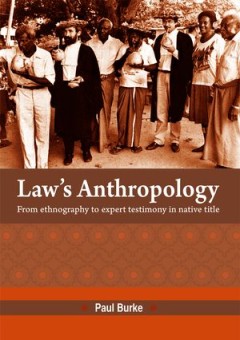
Law’s anthropology : from ethnography to expert testimony in native title
Anthropologists have been appearing as key expert witnesses in native title claims for over 20 years. Until now, however, there has been no theoretically-informed, detailed investigation of how the expert testimony of anthropologists is formed and how it is received by judges. This book examines the structure and habitus of both the field of anthropology and the juridical field and how they hav…
- Edition
- -
- ISBN/ISSN
- 9781921862434
- Collation
- -
- Series Title
- -
- Call Number
- 346.940 432 089 991 5 BUR l
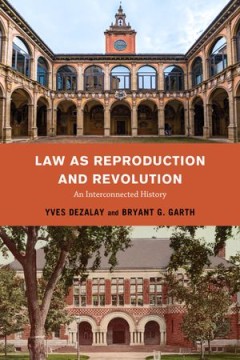
Law as Reproduction and Revolution : An Interconnected History
This sweeping book details the extent to which the legal revolution emanating from the US has transformed legal hierarchies of power across the globe, while also analyzing the conjoined global histories of law and social change from the Middle Ages to today. It examines the global proliferation of large corporate law firms—a US invention—along with US legal education approaches geared towar…
- Edition
- -
- ISBN/ISSN
- 9780520382725
- Collation
- -
- Series Title
- -
- Call Number
- 340.09 DEZ l
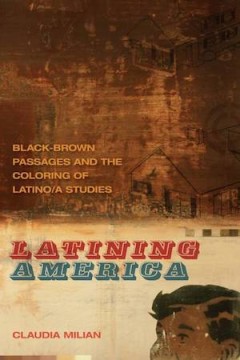
Latining America : black-brown passages and the coloring of Latino
Claudia Milian proposes that the economies of blackness, brownness, and dark brownness summon a new grammar for Latino/a studies that she names “Latinities.â€_x009d_ Milian argues that this ensnared economy of meaning startles the typical reading practices deployed for brown Latino/a embodiment. Latining America keeps company with and challenges existent models of Latinidad, demanding …
- Edition
- -
- ISBN/ISSN
- 978-0-8203-4436-2
- Collation
- -
- Series Title
- -
- Call Number
- 305.868 073 MIL l
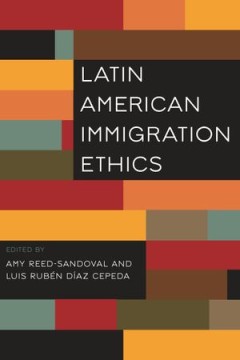
Latin American immigration ethics
Following an extended period of near silence on the subject, many social and political philosophers are now treating immigration as a central theme of the discipline. For the first time, this edited volume brings together original works by prominent philosophers writing about immigration ethics from within a Latin American context. Without eschewing relevant conceptual resources derived from Eu…
- Edition
- -
- ISBN/ISSN
- 978-0-8165-4426-4
- Collation
- -
- Series Title
- -
- Call Number
- 170.98 LAT
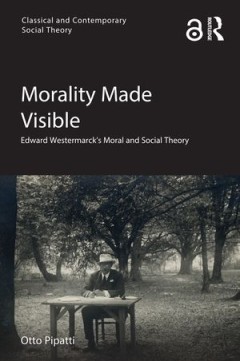
Morality Made Visible: Edward Westermarck’s Moral and Social Theory
While highly respected among evolutionary scholars, the sociologist, anthropologist and philosopher Edward Westermarck is now largely forgotten in the social sciences. This book is the first full study of his moral and social theory, focusing on the key elements of his theory of moral emotions as presented in The Origin and Development of the Moral Ideas and summarised in Ethical Relativity. Ex…
- Edition
- -
- ISBN/ISSN
- 9781351169158
- Collation
- -
- Series Title
- -
- Call Number
- 300
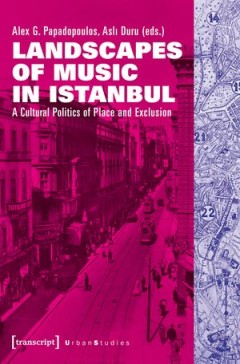
Landscapes of Music in Istanbul : A Cultural Politics of Place and Exclusion
Everyday articulations of music, place, urban politics, and inclusion/exclusion are powerfully present in Istanbul. This volume analyzes landscapes of music, community, and exclusion across a century and a half. An interdisciplinary group of scholars and artists presents four case studies: the rembetika, the music of the Asiks, the Zakir/Alevi tradition, and hip-hop, in Beyoglu, Üsküdar, t…
- Edition
- -
- ISBN/ISSN
- 978-3-8394-3358-4
- Collation
- -
- Series Title
- -
- Call Number
- 780 LAN
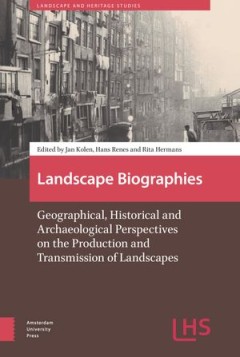
Landscape Biographies : Geographical, Historical and Archaeological Perspecti…
Landscape Biographies explores the long and complex histories of landscapes from personal and social perspectives. As an essential part of human life-worlds, landscapes have the potential to absorb something of people's lives, works, and thoughts. But landscapes also shape their own life-histories at different timescales, transcending human life-cycles and generating their own temporalities and…
- Edition
- -
- ISBN/ISSN
- 978 90 4851 780 0
- Collation
- -
- Series Title
- -
- Call Number
- 930.1 LAN
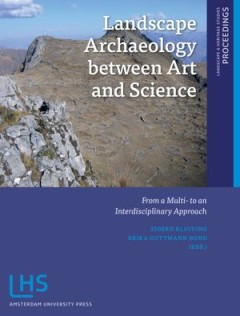
Landscape Archaeology : between Art and ScienceFrom a Multi- to an Interdisci…
Researchers in landscape archaeology use two different definitions of landscape. One definition (landscape as territory) is used by the processual archaeologists, earth scientists, and most historical geographers within this volume. By contrast, post-processual archaeologists, new cultural geographers and anthropologists favour a more abstract definition of landscape, based on how it is perceiv…
- Edition
- -
- ISBN/ISSN
- 978 90 4851 607 0
- Collation
- -
- Series Title
- -
- Call Number
- 930.1 LAN
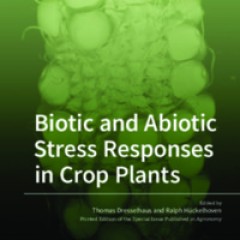
Biotic and Abiotic Stress Responses in Crop Plants
While the demand for crop products continues to increase strongly, agricultural productivity is threatened by various stress factors, often associated with global warming. To sustain and improve yield, it is necessary to understand how plants respond to various stresses, and to use the generated knowledge in modern breeding programs. Most knowledge regarding the molecular mechanisms associated …
- Edition
- -
- ISBN/ISSN
- 9783038974642
- Collation
- -
- Series Title
- -
- Call Number
- -

National Museums and Nation-building in Europe 1750-2010 {Mobilization and le…
Europe’s national museums have since their creation been at the centre of on-going nation making processes. National museums negotiate conflicts and contradictions and entrain the community sufficiently to obtain the support of scientists and art connoisseurs, citizens and taxpayers, policy makers, domestic and foreign visitors alike. National Museums and Nation-building in Europe 1750-2010 a…
- Edition
- -
- ISBN/ISSN
- 9781317569145
- Collation
- -
- Series Title
- -
- Call Number
- 300
 Computer Science, Information & General Works
Computer Science, Information & General Works  Philosophy & Psychology
Philosophy & Psychology  Religion
Religion  Social Sciences
Social Sciences  Language
Language  Pure Science
Pure Science  Applied Sciences
Applied Sciences  Art & Recreation
Art & Recreation  Literature
Literature  History & Geography
History & Geography